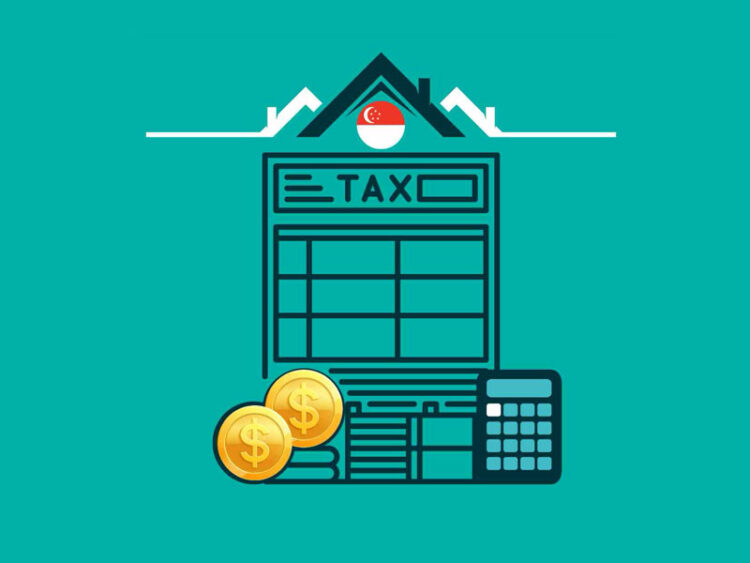Navigating property taxes and fees is essential when buying a home in Singapore. Many overlook the hidden costs that come with purchasing property, but those who understand these expenses will avoid unexpected financial strain. This guide breaks down the various property taxes and fees buyers must consider in a clear and straightforward manner.
Key Points:
- Additional Buyer’s Stamp Duty (ABSD) applies to certain property purchases.
- Buyer’s Stamp Duty (BSD) is required for all property purchases.
- Property tax is an annual cost based on the property’s annual value.
- Legal fees, valuation fees, and other miscellaneous charges are involved.
- Foreigners face higher stamp duties.
- There are ways to reduce or manage certain fees.
Stamp Duties
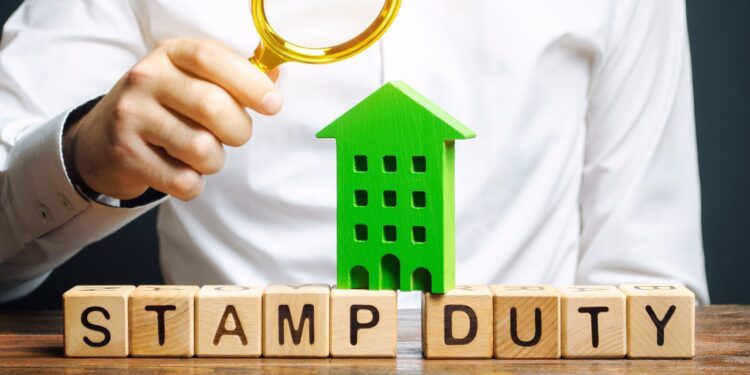
These are mandatory taxes imposed by the government on property purchases. They include Buyer’s Stamp Duty (BSD) and Additional Buyer’s Stamp Duty (ABSD).
Buyer’s Stamp Duty (BSD)
All property buyers must pay BSD. The amount is based on the purchase price or market value of the property, whichever is higher. For residential properties, BSD rates vary:
- 1% on the first S$180,000 of the purchase price
- 2% on the next S$180,000
- 3% on the next S$640,000
- 4% for any amount above S$1,000,000
For example, if a buyer purchases a unit at Parktown Residence, the BSD will be calculated based on the total cost of the property. It is critical to factor this in early to avoid surprises when budgeting for your purchase.
Additional Buyer’s Stamp Duty (ABSD)
ABSD applies to certain buyers. The rates depend on the buyer’s residency status and the number of properties owned. For example:
- Singapore citizens pay ABSD on their second and subsequent properties.
- Permanent Residents (PRs) pay ABSD on all purchases.
- Foreigners pay a higher ABSD rate regardless of the number of properties they own.
ABSD rates range from 5% to 30% depending on the buyer category. Foreigners tend to pay the highest ABSD rates, so they should be particularly mindful of this additional cost.
Property Tax
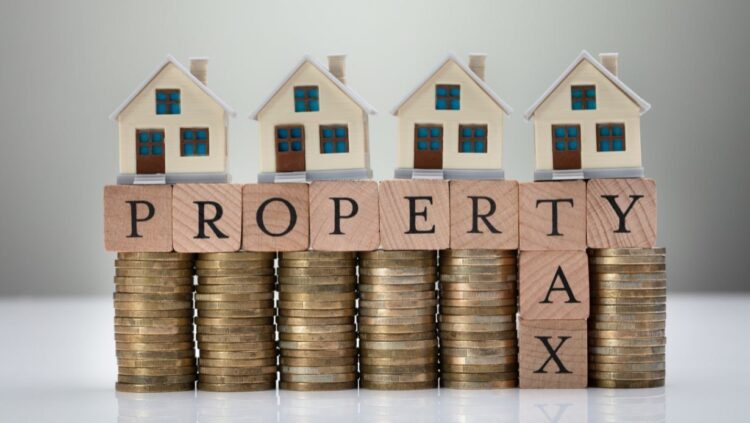
This is an annual tax that all homeowners must pay. The tax is based on the property’s annual value (AV), which refers to the estimated rental income the property would generate if rented out. The AV is determined by the Inland Revenue Authority of Singapore (IRAS).
Residential properties used for owner-occupation are taxed at progressive rates. Rates range from 0% to 16%, depending on the AV of the property. However, properties not used for owner-occupation face a higher tax, with rates going up to 20%.
Legal Fees and Valuation Fees
Legal fees involve the cost of hiring a lawyer to handle the conveyancing process, which includes drafting contracts, performing title searches, and completing other legal requirements. Buyers should set aside about S$2,500 to S$3,500 for this process.
Valuation fees come into play when applying for a mortgage. Banks or financial institutions will require an independent valuation of the property to determine its market value. Valuation fees typically range from S$200 to S$1,000, depending on the property’s complexity and value.
Mortgage Fees
When securing a mortgage, buyers should expect certain fees, including processing fees, administrative fees, and insurance costs. Banks often charge a processing fee of around 1% of the loan amount. Additionally, some financial institutions may charge for mortgage insurance, which protects the lender if the borrower is unable to repay the loan.
Prepayment penalties might also apply if the buyer decides to repay the loan early. It is essential to review the loan terms carefully to understand any potential charges and ensure that they fit into the overall budget.
Maintenance Fees for Condominiums
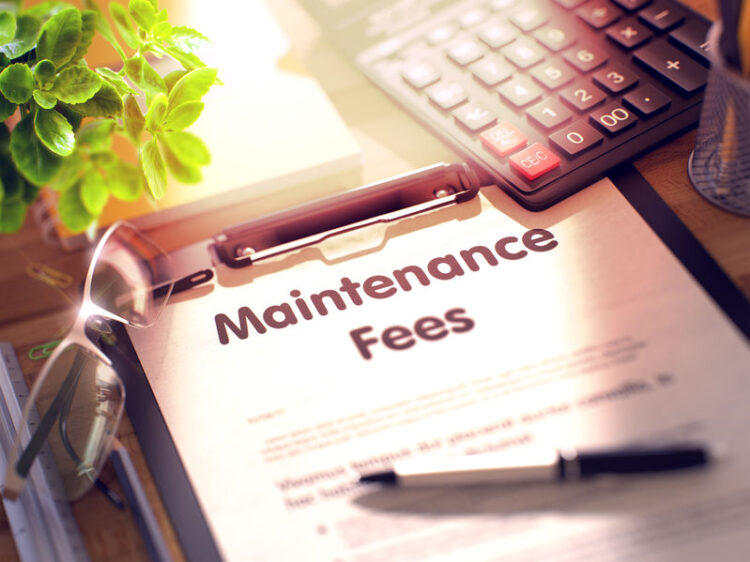
For those purchasing a condominium, maintenance fees are an ongoing cost. These fees are used to maintain the shared facilities such as swimming pools, gyms, and security services. The amount varies depending on the size of the unit and the range of facilities available.
Most condominiums have a management corporation that collects these fees. Buyers should consider this when evaluating the long-term costs of owning a condominium.
Foreign Buyer Fees
As mentioned earlier, foreign buyers face higher ABSD rates. In some cases, they may also need to seek approval from the Singapore Land Authority before purchasing certain types of property, such as landed homes.
Foreign buyers should also be mindful of currency exchange rates when financing their purchase. Fluctuations in exchange rates can affect the final amount paid for the property, making it crucial to plan ahead and account for these variations.
Managing Your Finances
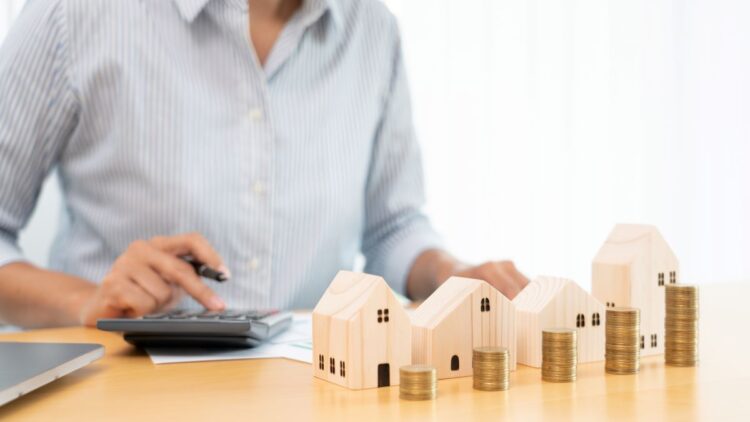
Proper planning is crucial for managing the costs involved in buying property. Buyers can explore different ways to minimize their financial burden:
- Compare mortgage offers to secure the best interest rates.
- Consider delaying the purchase of a second property to avoid ABSD.
- Hire a trusted lawyer to guide you through the legal process and ensure all documents are accurate.
- Review the property tax rates and exemptions that may apply based on the property’s use.
- Consider buying a property with lower maintenance costs if budget is a concern.
By keeping these points in mind, buyers can better manage their expenses and avoid unnecessary financial strain.
Conclusion
Buying property in Singapore involves more than just the sale price. Several taxes and fees add to the total cost. By understanding BSD, ABSD, property taxes, and legal fees, buyers can plan their finances better. It is important to factor in ongoing costs like maintenance fees and property tax as part of long-term ownership expenses.
Be prepared and seek professional advice when needed to ensure you navigate property taxes and fees smoothly. With proper planning, you will be in a much stronger position to manage costs and make informed decisions.
